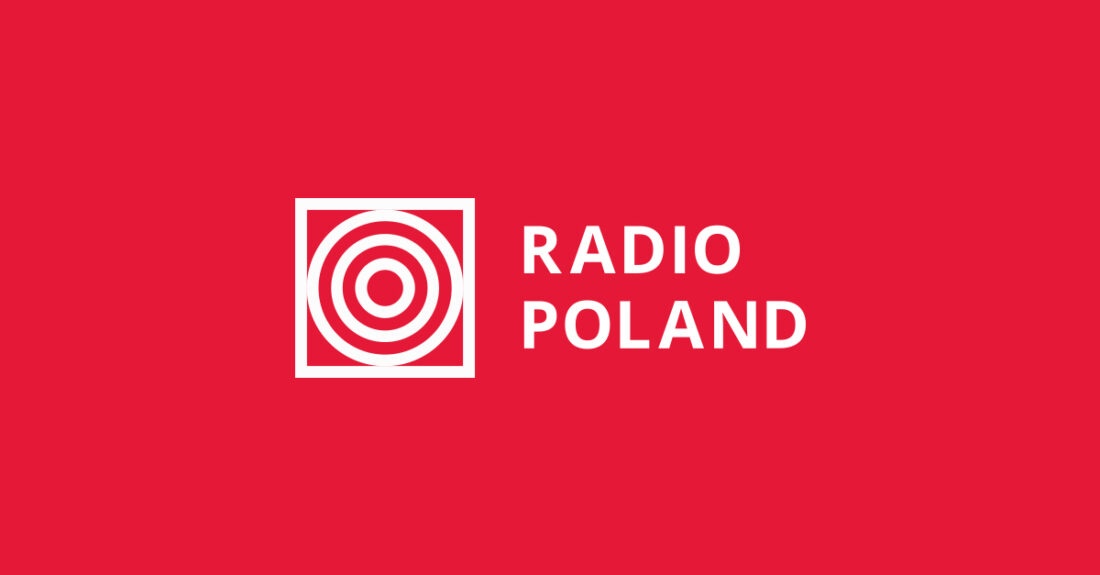Ukraine’s Kuleba urges Germany to send more ammunition and train up pilots

Ukraine’s foreign minister urged Germany in an interview published on Sunday to speed up supplies of ammunition and to start training Ukrainian pilots on Western fighter jets.

Ukraine’s Foreign Minister Dmytro Kuleba.EPA/MYKOLA TYS
Dmytro Kuleba told the Bild am Sonntag newspaper that ammunition shortages were the „number one” problem in Ukraine’s attempt to repel Russia’s invasion.
He said German weapons manufacturers had told him at the Munich Security Conference last month they were ready to deliver, but were waiting for the government to sign contracts.
„So the problem lies with the government,” Kuleba was quoted as saying.
Kuleba made clear he did not expect Western allies to give Ukraine the fighter jets it has been asking for any time soon.
But he said Ukrainian pilots should be trained anyway, so they would be ready once that decision was taken, the paper wrote.
If Germany were to train Ukrainian pilots, that would be a „clear message of its political engagement”, he said.
Separately, Kuleba said Ukraine would keep defending the town of Bakhmut, the focus of a Russian onslaught for the last six months.
„If we withdrew from Bakhmut, what would that change? Russia would take Bakhmut and then continue its offensive against Chasiv Yar, so every town behind Bakhmut could suffer the same fate.”
Asked how long Ukrainian forces could hold onto the town, he declined to give a specific answer, comparing them to people defending their house against an intruder trying to kill them and take everything they own.
Russia calls its actions in Ukraine a „special military operation” to combat what it describes as a security threat from Ukraine’s ties to the West, an argument that Kyiv and the West reject.
(Reporting by Sarah Marsh; Editing by Kevin Liffey)
Source: Reuters




